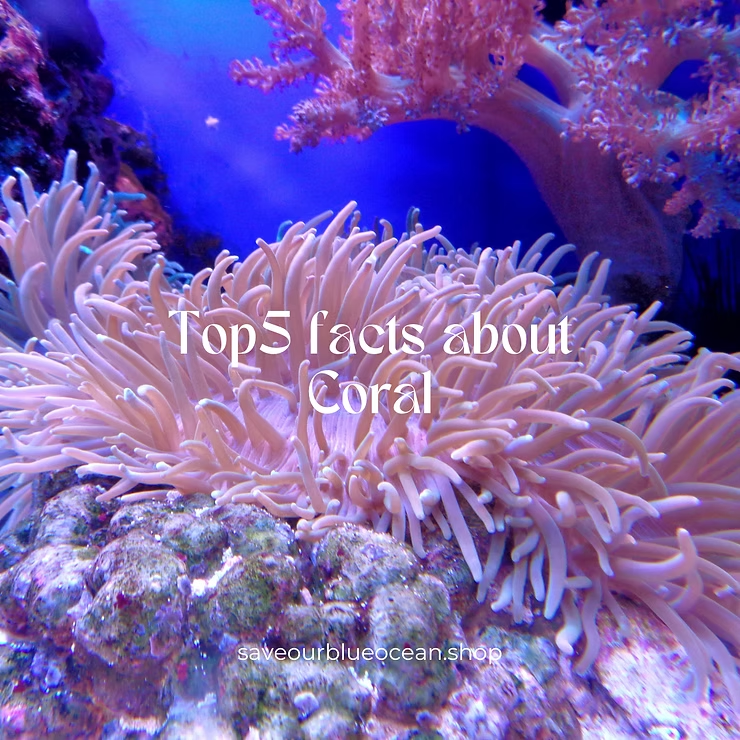A Closer Look at Coral Reefs
Living Structures
Contrary to popular belief, coral is not a rock or plant — it’s a living organism. Coral reefs are built by colonies of tiny animals called polyps. These polyps secrete calcium carbonate, forming sturdy exoskeletons that create the foundation of the reef.
Biodiversity Hotspots
Often called the rainforests of the sea, coral reefs are astonishingly rich in biodiversity. Covering less than 1% of the ocean floor, they provide habitat for about 25% of all marine species. Their vibrant colors and intricate structures shelter fish, invertebrates, and countless other organisms.
Symbiotic Relationships
Corals rely on a mutualistic bond with zooxanthellae, tiny algae living within their tissues. The algae supply oxygen and help remove waste, while corals provide a safe home and compounds essential for photosynthesis. This partnership is key to coral survival and reef health.
Slow Growth and Longevity
Coral reefs grow slowly — typically only 1 to 3 centimeters per year. Yet, they can endure for centuries. Massive species like brain corals live for hundreds of years, and the Great Barrier Reef is estimated to be around 20 million years old.
Sensitivity to Climate Change
Corals are extremely sensitive to environmental changes. When stressed, particularly by rising sea temperatures, they expel their algae partners in a process called bleaching. This leaves corals vulnerable and threatens the survival of entire reef systems. Climate change remains the greatest challenge to coral health worldwide.
Coral reefs are not only breathtaking ecosystems but also vital to humans — protecting shorelines, supporting fisheries, and driving tourism. Preserving them is essential to safeguarding marine biodiversity and the future of our oceans. 🌊🐠

